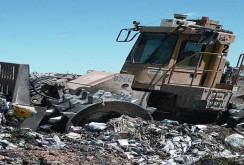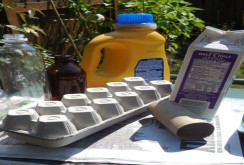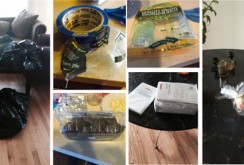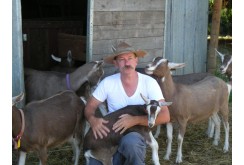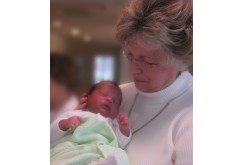
Marilyn Lauderdale had been working at an IKEA store in Renton, Washington, for 15 years when she transferred to their in-house furniture assembly team.
In her new position, she quickly noticed that cardboard and plastic packing materials were recycled, but other packaging – including copious amounts of expanded polystyrene foam – was not.
An innocent question about whether it could be recycled led her, she says, “down a rabbit hole.”
Lauderdale discovered that a few private companies recycled their own expanded polystyrene, but the only public recyclers of EPS foam were on the East Coast.
Concerned with how much waste her department was generating, Lauderdale asked if IKEA could get its own recycling machine. Her supervisors told her she could make a proposal to management, but that “I needed to have all of the i’s dotted and the t’s crossed.”
After months of meticulous research, she made her case, but the economy was in the depths of the Great Recession, and IKEA didn’t want to take the risk.
“I didn’t think this could wait,” Lauderdale says. “I thought it was a viable business.”
So she presented Plan B to IKEA – she’d start the business, if they’d give her space to set up in their parking garage. They agreed.
Lauderdale juggled two jobs for awhile – assembling IKEA furniture by day and running her new company, Styro Recycle, at night.
She took the company out on its own in 2011, and today she has 13 employees and her own warehouse location.
“It’s nice to have our own four walls and not be out in a cold parking garage,” Lauderdale says.
Best of all, material that once was thrown out as waste today gets a second life in products including picture frames, crown molding, and light switch covers. Styro Recycle has prevented over 1,500 tons of used EPS foam from needlessly entering landfills.
Barbara Lloyd McMichael is our ground reporter in South King County, Wash., and author of the syndicated book review column “The Bookmonger.”










